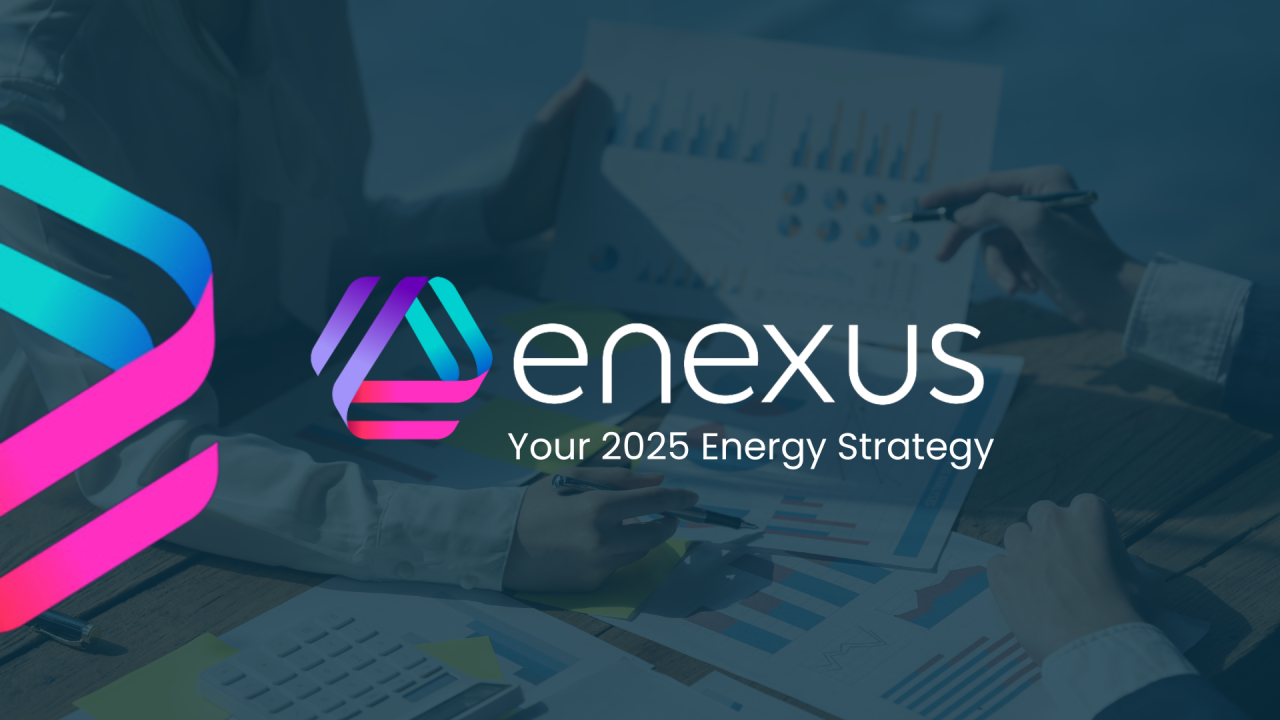
As businesses face evolving challenges in the energy landscape, 2025 offers an opportunity to align your energy strategy with financial, operational, and environmental goals. Rising costs, regulatory pressures, and the need for sustainability require organisations to rethink their approach. Here's what your business should prioritise to ensure a resilient and future-proof energy strategy.
1. Reducing Energy Costs Through Smarter Procurement
Energy procurement remains a cornerstone of any energy strategy. Businesses should:
- Compare suppliers: Leverage market insights to secure the most competitive rates and terms.
- Optimise contract timing: Purchase energy during low-price windows or use flexible procurement models.
- Partner with experts: Energy consultants can navigate the complexities of the market, ensuring value-driven decisions.
2. Embracing Energy Efficiency
Improving energy efficiency is a cost-effective way to lower bills and carbon footprints. Focus on:
- Upgrading equipment: Replace outdated systems with energy-efficient alternatives.
- Conducting audits: Regular energy audits can identify waste and inefficiencies.
- Behavioural changes: Encourage employees to adopt energy-conscious practices.
3. Integrating Renewable Energy Solutions
Investing in renewable energy is critical for sustainability and long-term cost savings. Businesses should:
- Install on-site renewables: Solar panels, wind turbines, or biomass systems can generate green energy.
- Purchase renewable energy: Opt for green energy tariffs to meet sustainability goals.
- Explore incentives: Take advantage of government grants and schemes for renewable projects.
4. Managing Peak Demand and Flexibility
Peak energy usage can inflate costs. Strategies to manage demand include:
- Time-of-use adjustments: Shift energy-intensive operations to off-peak times.
- Demand response programmes: Partner with providers to adjust consumption during peak periods for financial incentives.
- Energy storage solutions: Batteries can store energy for use during high-cost periods.
5. Monitoring and Data-Driven Decisions
Real-time insights are vital for effective energy management. Businesses should:
- Adopt smart technology: Install smart meters and energy monitoring systems.
- Analyse data: Use software to track consumption patterns and identify optimisation opportunities.
- Benchmark performance: Compare your energy usage against industry standards to set improvement targets.
6. Navigating Regulations and Compliance
Staying compliant with energy regulations can protect your business from fines and reputational risks. Prioritise:
- Understanding legislation: Be aware of upcoming requirements such as energy efficiency standards or net-zero commitments.
- Implementing changes early: Stay ahead of deadlines by integrating compliance into your strategy now.
- Working with experts: Energy consultants can ensure your business meets all regulatory requirements.
7. Preparing for Future Risks
The energy market is increasingly volatile due to geopolitical tensions, supply chain disruptions, and climate change. Mitigation strategies include:
- Diversifying supply sources: Reduce reliance on a single provider or type of energy.
- Developing contingency plans: Prepare for price spikes or supply interruptions with robust plans.
- Budgeting for flexibility: Include provisions for unexpected market fluctuations.
8. Focusing on Sustainability and ESG Goals
Sustainability is no longer optional—it’s a business imperative. In 2025, companies should:
- Set measurable targets: Define achievable ESG (Environmental, Social, Governance) goals.
- Engage stakeholders: Collaborate with employees, customers, and investors on sustainability initiatives.
- Communicate progress: Report your achievements transparently to build trust and reputation.
9. Partnering with Energy Experts
Navigating the complexities of energy management is easier with expert support. Experienced energy consultants can:
- Tailor strategies: Develop customised plans aligned with your business’s unique needs.
- Provide market insights: Help you make informed decisions in a volatile market.
- Deliver end-to-end support: From procurement to compliance and renewable projects, consultants offer comprehensive assistance.
Conclusion
Your 2025 energy strategy is about more than reducing costs; it’s about resilience, sustainability, and adaptability. By prioritising smarter procurement, energy efficiency, renewable integration, and risk mitigation, your business can thrive in an ever-changing energy landscape.
Don’t wait to act. Partner with experts to craft an energy strategy that not only saves money but also supports your long-term goals.
Book Your Free Consultation Today - https://enexusenergy.co.uk/contact/

